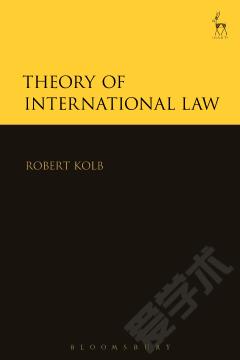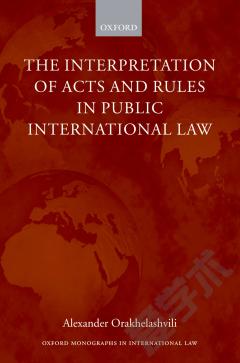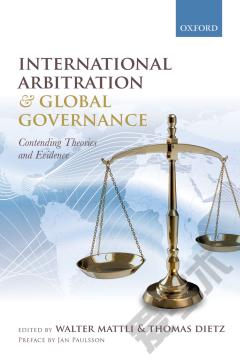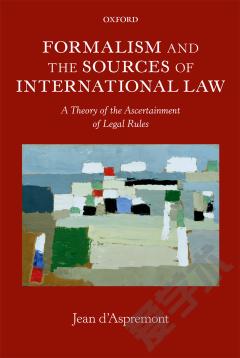Sovereignty —— A Contribution to the Theory of Public and International Law
----- 主权:对公法和国际法理论的贡献
Hermann Heller was one of the leading public lawyers and legal and political theorists of the Weimar era, whose main interlocutors were two of the giants of twentieth century legal and political thought, Hans Kelsen and Carl Schmitt. In this 1927 work, Hermann Heller addresses the paradox of sovereignty. That is, how the sovereign can be both the highest authority and subject to law. Unlike Kelsen and Schmitt, who seek to dissolve the paradox, Heller sees that the tensions the paradox highlights are an essential part of a society ruled by law. Sovereignty, in the sense of national and popular sovereignty, is often perceived today as being under threat, as power devolves from nation states to international bodies, and important decisions seem increasingly made by elite-dominated institutions. Hermann Heller wrote Sovereignty in 1927 amidst the very similar tensions of the Weimar Republic. In an exploration of history, constitutional and political theory, and international law, Heller speaks clearly to our contemporary concerns, and shows that democrats must defend a legal idea of sovereignty suitable for a pluralistic world.
{{comment.content}}








 京公网安备 11010802027623号
京公网安备 11010802027623号